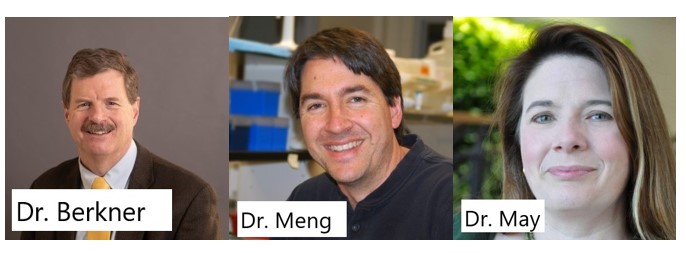
Our initial battle with COVID-19 here in the Northeast came early in the pandemic, and we watched it unfold through our windows during our suddenly-imposed lockdown. Soon after distancing measures began, a thread crept through early conversations about the catastrophe: “how are we to stop this from returning once we come back from our homes?” It is a question that we should know the answer to by this point in history. We know how to control epidemics, after all, and once we know what type of infectious agent we are dealing with we should be able to employ suitable public health measures. We should follow the standard mantra for controlling infectious diseases: “test, trace, isolate”. In the case of COVID-19, asking how we would possibly control the spread of the virus post-lockdown was a very practical and necessary question to ask in light of testing capacity challenges. At UNE, conversations began in the spring about when students would return to the empty dormitories and classrooms. How would we keep our students safe?
“It was immediately clear that wide-scale testing of all students with invasive, nasopharyngeal swabs was not a realistic option,” said Dr. Meghan May, Professor of Microbiology and Infectious Diseases. “We needed to think outside that box and create other options.” Those other options came with the advent of a handful of studies published in April and May showing that SARS-CoV-2, the virus causing COVID-19, could be found in other patient specimens. Swabbing the immediate inside of the nose, testing saliva, and testing fecal material all reliably matched findings from nasopharyngeal swabs, suggesting that those specimens could be used as well. It was at this moment that May became aware of a unique feature of UNE’s Biddeford campus: it has its own wastewater treatment facility. “I was contacted by my colleague Dr. Ian Meng, who pointed out the treatment plant and asked the question of whether screening wastewater could detect SARS-CoV-2 on campus,” May said. “In fact, that is how many fecally shed viruses are detected in communities. Poliovirus surveillance is a classic example.” A research question began to take shape that fit neatly into the broader goal of safe re-opening: could screening wastewater every day predict the occurrence of COVID-19 cases on UNE’s campus? If so, wastewater screening could provide a critical early warning system for infection control.
Drs. May and Meng immediately began contacting colleagues. Working with Dr. Paul Berkner, Director of Student Health Services, May devised a surveillance plan to conduct daily collection of wastewater, screen them for SARS-CoV-2 and indicator control organisms, and correlate the findings with Bernker’s COVID-19 detection from nasal swabs. Medical student anatomy fellows Christian Voto, OMS III, and Evangeline Green, OMS III, undergraduate students Kyle McGadney, Jackie Lermond, and Matt Johnson, and research scientist Deborah Barlow have initiated this ongoing project, and Eric Mora and Tim Baker of Facilities Management have been instrumental in facilitating specimen collection. Meanwhile Dr. Meng, who directs the Center of Excellence in the Neurosciences, reached out to his contacts at the Khan Family Foundation to help facilitate financial support for COVID-19 research endeavors. “The Kahn family has been remarkably generous and supportive of our efforts to understand more about COVID-19, both through the funding provided for this project as well as another one directed by Dr. Kerry Tucker,” said Meng.
